Future of Cities project closes
Future of Cities project closes
The Future of Cities project has now concluded. This blog is no longer being updated.
The Future of Cities project has now concluded. This blog is no longer being updated.

The West Midlands is no stranger to ‘futures’ work. In 2006, Forum for the Future working with Sustainability West Midlands, wrote the 'West Midlands Futures: Drivers of change affecting the West Midlands' report.

What is your vision of Cambridge in 2065? This is the question being asked by 'Visions of Cambridge in 2065', one of 6 city case studies supported by the Foresight Future of Cities project.
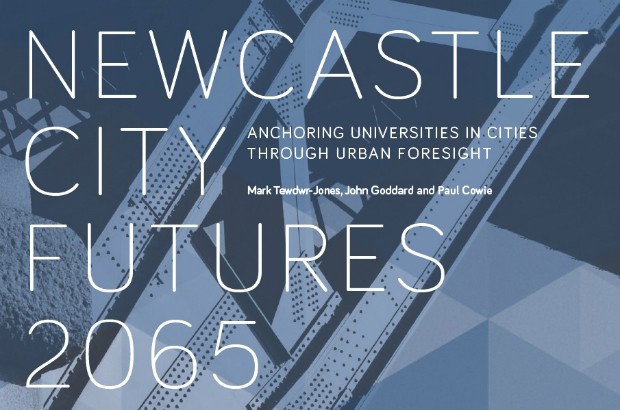
July 2015 saw the publication of the 'Newcastle City Futures 2065' report.

Last year we asked young people to write and/or draw their ideas for what Lancaster will or should be like in 2065.
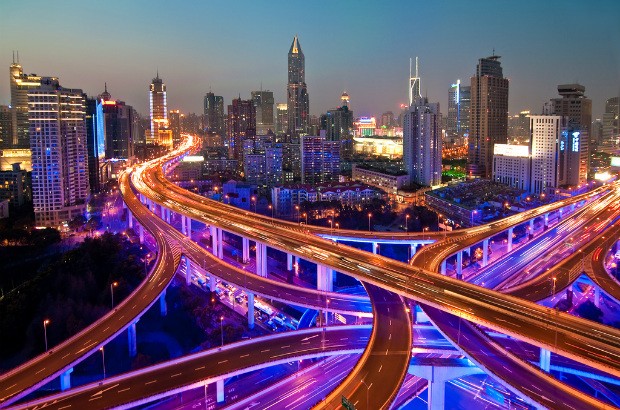
Today, the idea that data can play a key role in the design and management of cities is widely recognised. However, it’s now time to consider the skills that people will need to live in these smart cities.
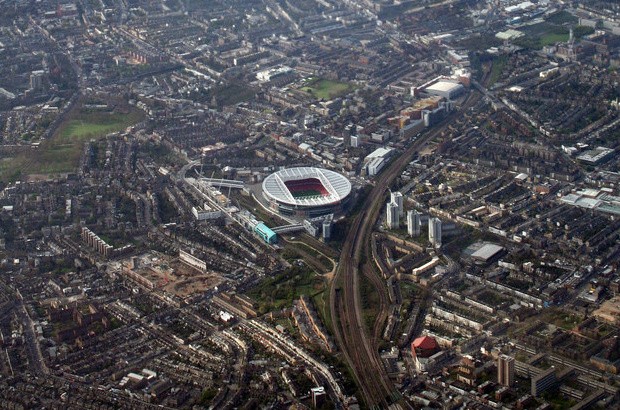
What do Arsenal’s Emirates Stadium in London, the now glorious heritage of Islington’s housing stock, and the cable-car system in Kathmandu for getting milk supplies to that city, all have in common?
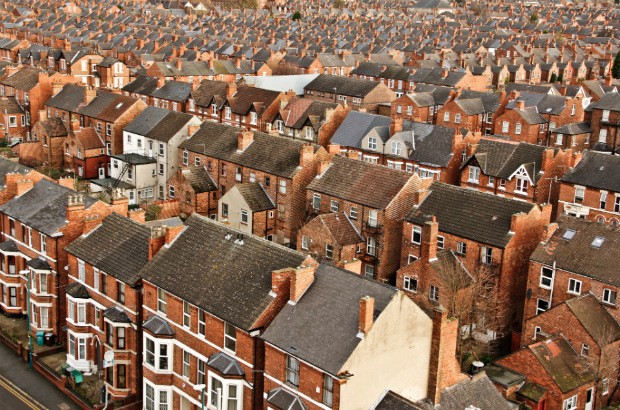
The role housing plays in underpinning or undermining achievement in British cities in the coming decades will vary from city to city.
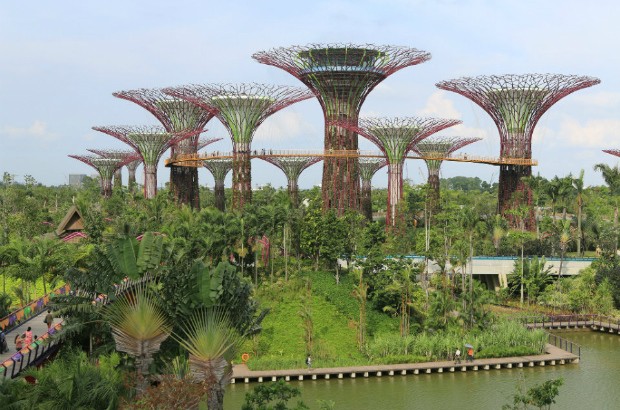
The British press of the mid-19th century called the unavoidable smell of London’s river 'The Great Stink'.
This Parliament ends on 30 March. Between then and the general election on 7 May is the pre-election period and the Civil Service communicates less, in line with the General Election Guidance.
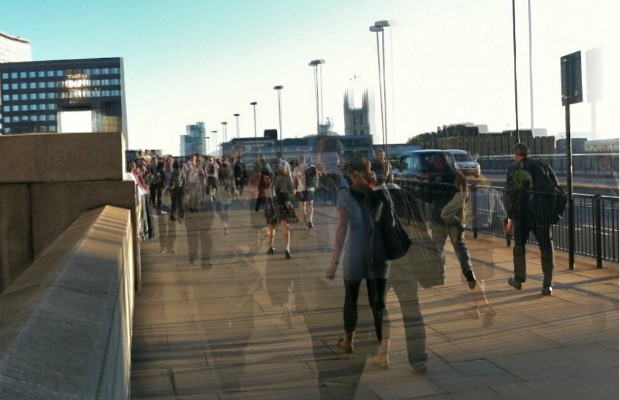
Cities matter. They will be the site of some of the great opportunities of the future, they will be home to the majority of us and they will be the main drivers of economic growth in the years to come.